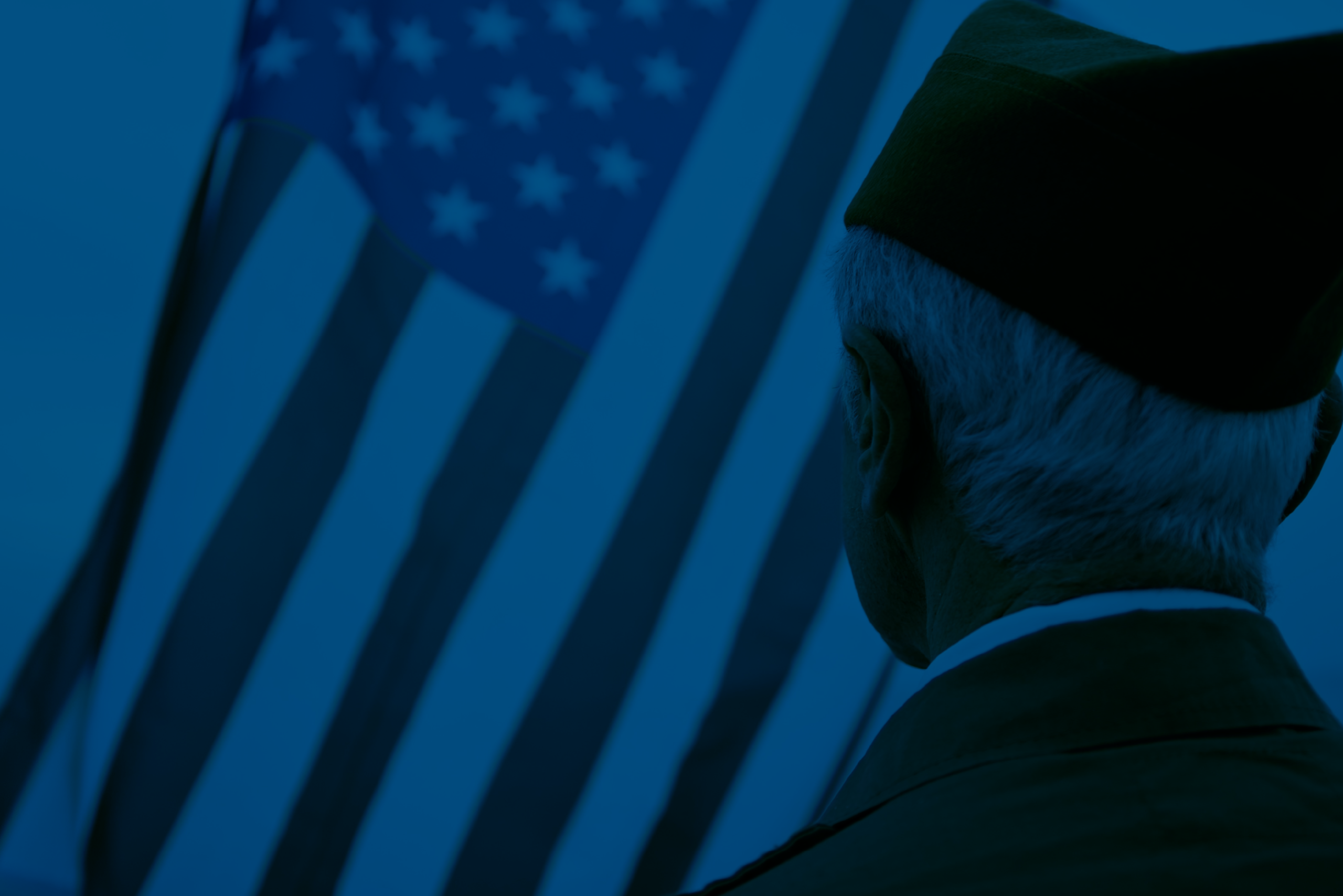Does getting a concussion younger mean the brain heals quicker? Or is it worse for the long-term? In the case of repetitive concussions, how many is too many?
Some argue that youth concussions cause no long-term damage if they are allowed to completely heal. A study published by the Official Journal of the American Academy of Neurology examined 42 former NFL brains between the ages of 40-69 from Diagnosing and Evaluating Traumatic Encephalopathy using Clinical Tests (DETECT) study.
The brains were divided in half based on the date of first exposure to football —two groups consisting of those who started playing football before and after age 12. The findings showed an association between participation in tackle football prior to age 12, greater later-life cognitive impairment measured using objective neuropsychological tests. The test group was small but shows the need to explore the safety recommendations for youth sports. Further studies require a larger sample size and longitudinal designs.
The developmental effects of brain injury on young brains are difficult to study – there are many factors that make it complex to see clear results. This is due to concussions setting off a series of chemical dysfunctions, and chronic cell death. Gaining further knowledge of the neurobiology of concussions and the cellular process will help us see the early clinical symptoms in a new light.
Data concerning the incidence of sports-related concussions in youth will also help understand the scope of the problem. Although the amount of reported concussions has risen, this could be because of better awareness leading to greater recognition of the injury. The Center for Disease Control is setting up a nationwide surveillance system to more accurately determines sports-related concussion in youth ages 5-21. This is part of a $257 million project proposed for the 2016 President’s Budget Request for CDC’s Injury Prevention and Control.
Because there are between 30 million to 45 million youths participating in sports , understanding the impact of concussions on younger brains is becoming a pressing area of research and awareness. In a poll conducted by HBO Real Sports and Marist College, 14% of U.S. adults have heard nothing about football and long-term brain injury though nearly 7 in 10 talk about the sport and follow it closely. More research around the topic of sports-related concussions will hopefully lead to positive changes to the game and improved safety guidelines.






